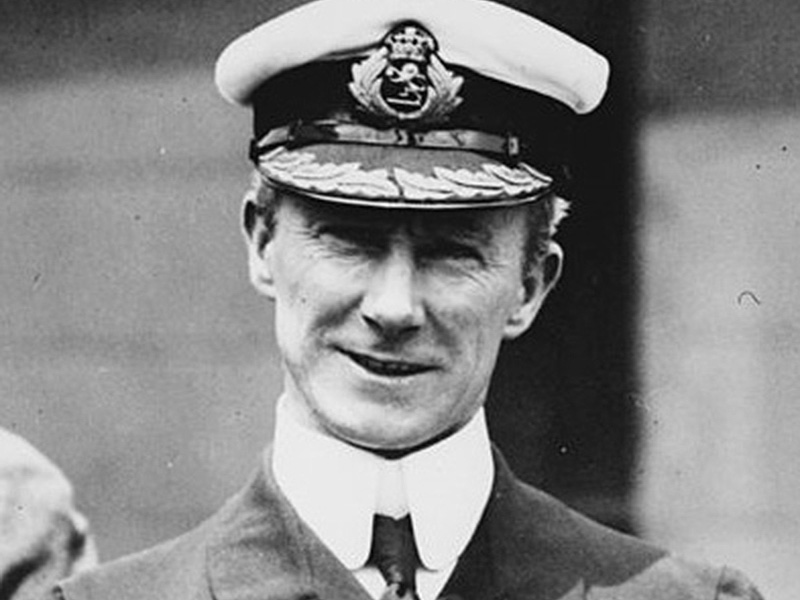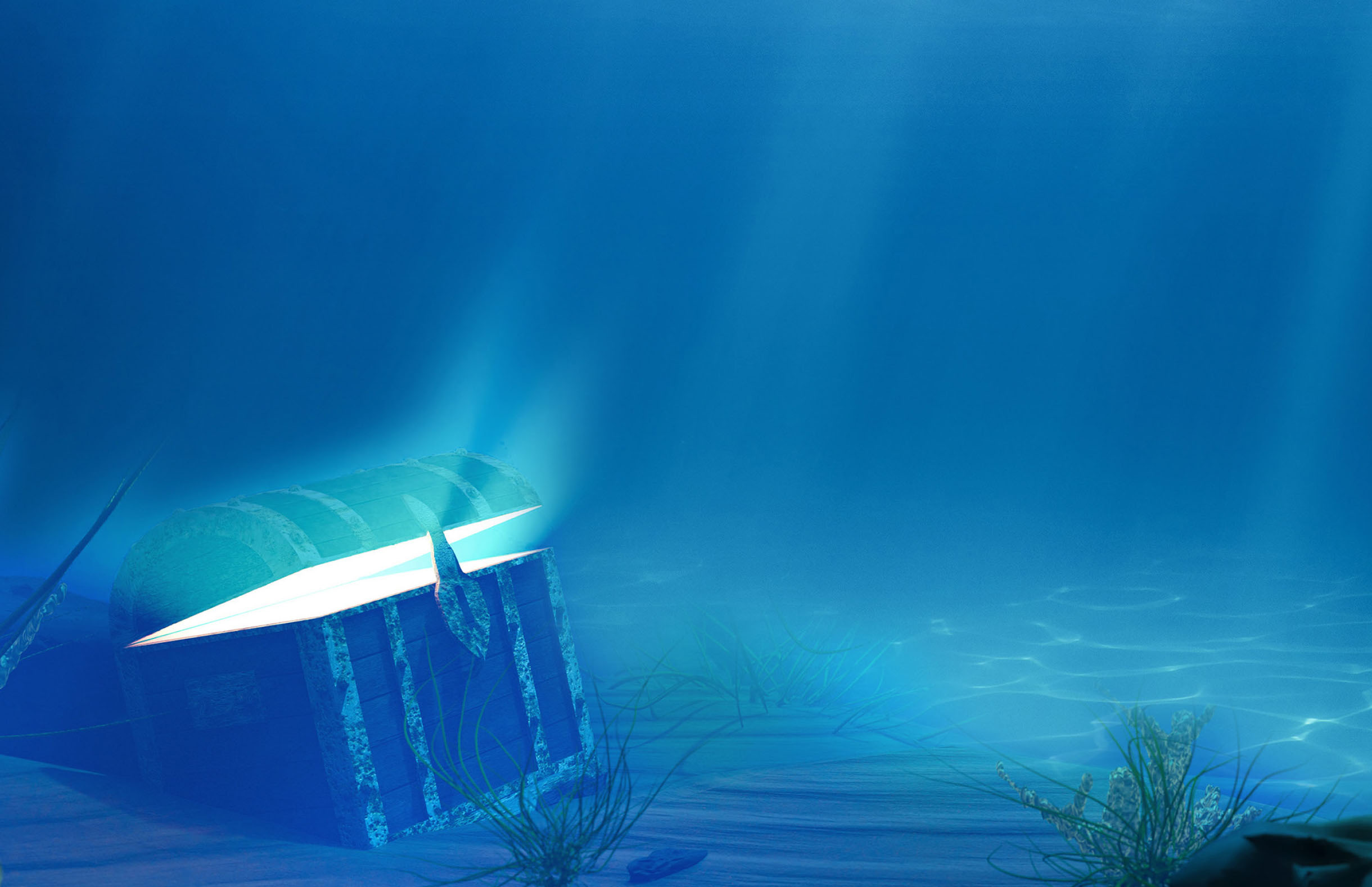
Arthur’s Story
You probably won’t recognise my name. It’s Arthur Rostron. You see what I mean. You haven’t heard of me, have you? You may be surprised to know that a lot of people on both sides of the Atlantic once regarded me as a hero. They say I saved their lives. I don’t know why. I am a ship’s captain. I was simply doing my duty when my ship was crossing the ocean at one particular time. It just happened to be me, my ship, my crew. The date, I’ll never forget, was April 15th 1912.
Four days before, my ship, the Carpathia, cast off from New York, bound for Gibraltar, a voyage of exactly 3,194 miles, if you are interested in the detail. On board, 734 passengers, more than three quarters of whom were travelling in third class, each paying £10 a ticket.
Let me tell you about the Carpathia. She was a medium-sized cargo steamer, a ship of the Cunard Line. Even now, I can give you her vital statistics: 558 feet long, a single funnel, four masts, beam of 64 feet, seven boilers (that’s right, seven), two quadruple-expansion engines spinning two propellers, a capacity for 12,000 tons of cargo and a cruising speed of 14 knots. To most people Carpathia wasn’t special in any way, but she did an important job. I’m not just saying that because I was her captain. It did matter. She carried emigrants from southern Europe to a new life in the United States and, for them, she represented a break from the past and a first step into an unknown future.
It was 1235 hours. I had just fallen asleep when my First Officer, Horace Dean, and my wireless operator, Harold Cottam, burst into my cabin. A message had been received from the Titanic: ‘Come at once. We have struck a berg. Position 41.46N 50.14W.”
Full Speed Ahead
I was very soon wide awake and, to say the least, somewhat astonished. Titanic? It wasn’t possible. The newest, grandest transatlantic liner of the White Star Line on her maiden voyage from Southampton carrying, I knew, nearly 1,400 passengers and 900 crew. I just couldn’t believe it.
There was no time to lose. Still half-asleep, I worked out our precise location on the charts and our distance to Titanic’s position: 58 miles. At our usual cruising speed of 14 knots that would take approximately four hours and ten minutes. We had to do better than that. Lives were at stake.
I passed on the command FULL SPEED, but I was fully conscious of the danger my own ship and passengers were sharing. The danger from icebergs was real. Maybe even more dangerous were what sailors called growlers, the large heavy chunks of ice that floated lower on the water’s surface and were so much harder to see.
I knew Titanic had struck ice, so I prepared for it as we rushed at breakneck speed across the inky black sea into the ice zone. I doubled the lookouts and took every possible care on board. Four hours may seem to you a long time and in a way it was; so long for passengers and crew of the Titanic to wait for us, whatever had happened to them. Yet, there was so much to do.
First, I ordered our surgeon, Frank McGee, the Purser Ernest Brown, and Chief Steward Evan Hughes, to my cabin immediately. What would be the most drastic and memorable night of my career was about to begin. When I tell you now how it all happened I’m still amazed that I could think clearly at the time under so much pressure in the cold, pitch black darkness of the Atlantic. Every bit of my twentyfive years’ experience at sea played apart, I’m sure.
I gave my first instructions to McGee, Brown and Hughes.
Set up a medical team with full supplies, one in the first-class dining room, one in the second-class dining room, and one in the third. Have stewards ready at Carpathia’s gangways to assist and direct Titanic’spassengers to the dining rooms.
Keep Carpathia’s own passengers off the decks and out of the way. Get coffee, soup and blankets ready in each saloon and at the gangways. Prepare my cabin, all officers’ cabins, the smoke rooms, the library and dining rooms to accommodate survivors. Double up our steerage passengers to create more spare berths.
Next, I had to tell our Chief Officer, Thomas Hankinson, and First Officer, Horace Dean, what they should do.
Call all hands
Prepare and swing out all life boats. Open all of the gangway doors.
Organise a chair sling at each gangway to bring up the sick and wounded. Make sure there are canvas ash bags for lifting up children as well. Secure bowlines along the ship’s sides for boat ropes to hoist people up. At the end of each briefing I impressed upon all of my officers the absolute necessity for order, discipline and quietness, and to avoid all confusion. Stay calm.
By now we were steaming towards Titanic’s last coordinates at up to 16 knots. I took my place on the bridge. I had instructed all of my officers to report to me personally there at regular intervals to relay progress on carrying out their orders. Starting at 2.45 a.m. and every quarter of an hour thereafter I had rockets fired to reassure Titanic.
It was hard, very hard, to stop thinking about the combination of our speed and the icebergs of all shapes and sizes above and below the surface in the waters we were rapidly approaching. I doubled my look outs. From the crow’s nest, to the bow, to the bridge, to port and to starboard, men were scanning, straining to see as much of the black sea ahead with binoculars.
By the time Dr McGee joined me on the bridge at 0235 hours to report that all of the medical preparations were completed, I knew we would need every bandage, every medicine. The wireless operator had radioed at 0130 hours, “putting the passengers off in small boats.” Only 15 minutes later I received this last signal from Titanic: “engine room full up to boilers.” Titanic was sinking. There could be no doubt.
Dr McGee and I were still talking when quite suddenly – and only for a couple of seconds – I saw a green flare. MaybeI was wrong to think Titanic was already at the bottom of the ocean. That flare had to come from her. Surely.
Just as quickly, the alarm was raised on the bridge. Iceberg! Three quarters of a mile ahead on the port bow. At speed, we changed course. No sooner had we watched it pass harmlessly by on our port side than the look-outs were shouting. Iceberg! We had to dodge six of them, one after the other, all the while chasing the succession of green flares in the night sky. You may depend on it, we were keyed up pretty tight and keeping a bright lookout.
An Emotional Rescue
We finally reached Titanic’s distress coordinates at 0400 hours. Ahead of us, another green flare rocketed up into the darkness. It was so close that I knew for certain then that it came from a boat in the water. Titanic had gone.
Joseph Boxhall’s flares had guided us to the rescue. His boat, lifeboat number two, was the first we encountered and it was he who told me that Titanic had sunk two hours before. At the time there was simply too much to do to stop and think about the enormity of what had happened.
As dawn finally broke over a calm sea, Titanic’s lifeboats slowly became visible, scattered over several miles. Some were in groups of two or three, others singly pulling in toward a common centre – the Carpathia. We were dodging about all over the place to pick them up, recovering all of thesurvivors from the twenty boats.
From each boat, women went up the side of the Carpathia first, climbing rope ladders with a noose round their shoulders to help the ascent. The ash bags I had ordered to be at each gangway proved to be of great assistance in getting the infants and children aboard. The thing I remember most was the silence of the whole rescue. There was absolutely no excitement. It was as though the disaster were so great it silenced human emotion.
Another shock awaited me. Daylight revealed no fewer than twenty-five icebergs close to the Carpathia. Worse: three miles north west of us lay a large dazzling ice field sparkling in the morning sun. We were in real danger. I can confess this much, that if I had known at the time there was so much ice about, I should not have rushed at full speed to Titanic. But, although, I was running a risk with my own ship and passengers, I also had to consider what I was going for. I knew what I was doing.
The last person rescued stepped aboard Carpathia at 0839 hours, four and a half hours after the recovery began. We now had 800 passengers aboard Carpathia, of whom 705 had been rescued from Titanic. The rescue completed, I asked one of our American passengers, an Episcopal minister, to conduct a service of prayer, and thanksgiving, for thesurvivors, in the first-class lounge.
We were not out of harm’s way yet and I had to decide what to do. By heading east Carpathia we would be out of radio communications with land for almost a week. Head westt owards Halifax in Canada and we would encounter more field ice. I knew very well what the effect of that would be on the Titanic survivors. I decided New York was the only port possible under the circumstances.
Within an hour of getting underway on our four-day voyage, I ordered this message to be transmitted to the press and companies that owned Carpathia and Titanic:
Titanic struck iceberg sunk Monday 3am 41.46N 50.14W Carpathia picked up many passengers am proceeding New York Rostron.
Written by Laurence Brady drawing on the original writing of Captain Rostron

